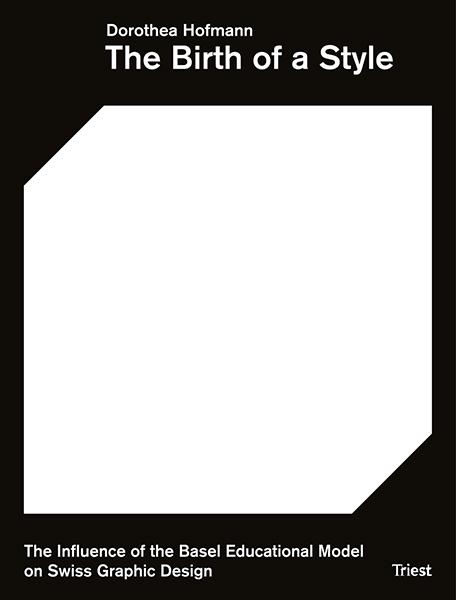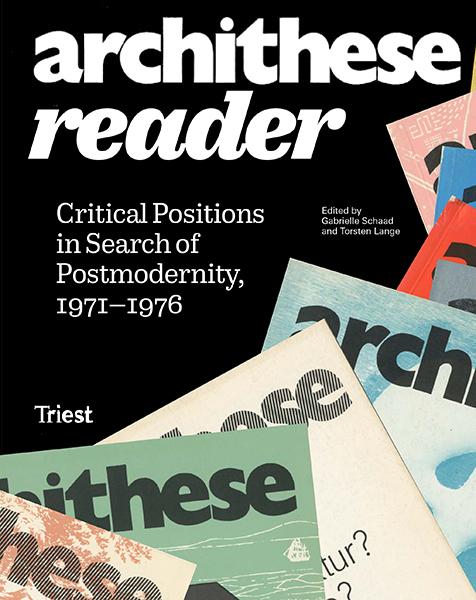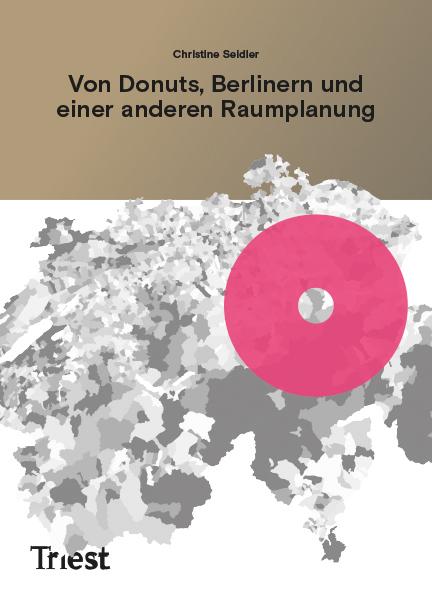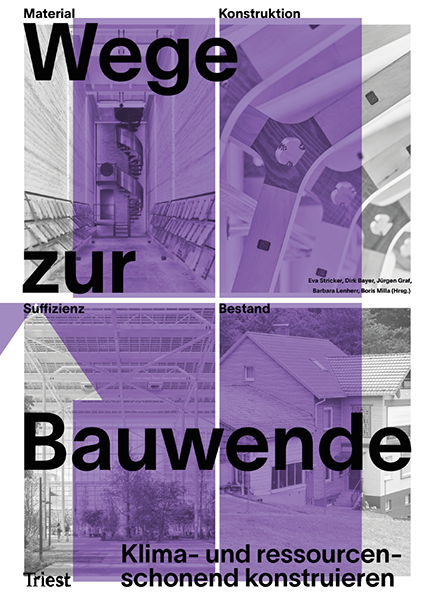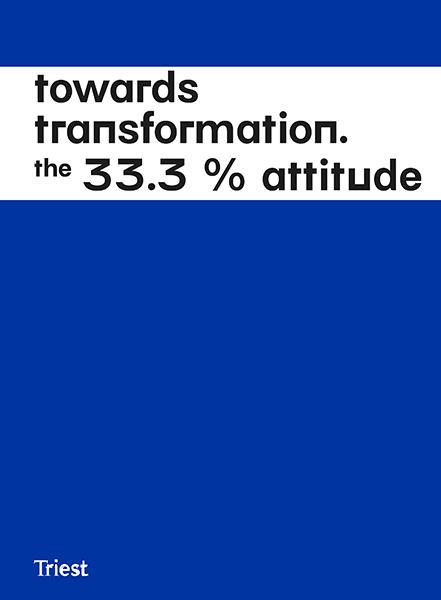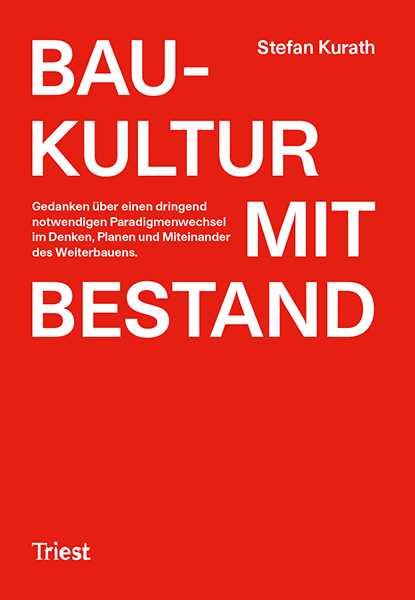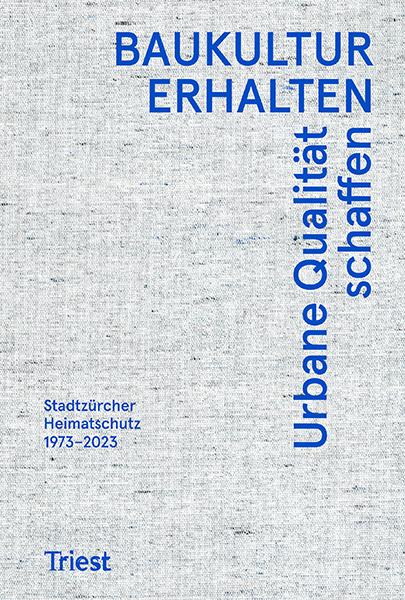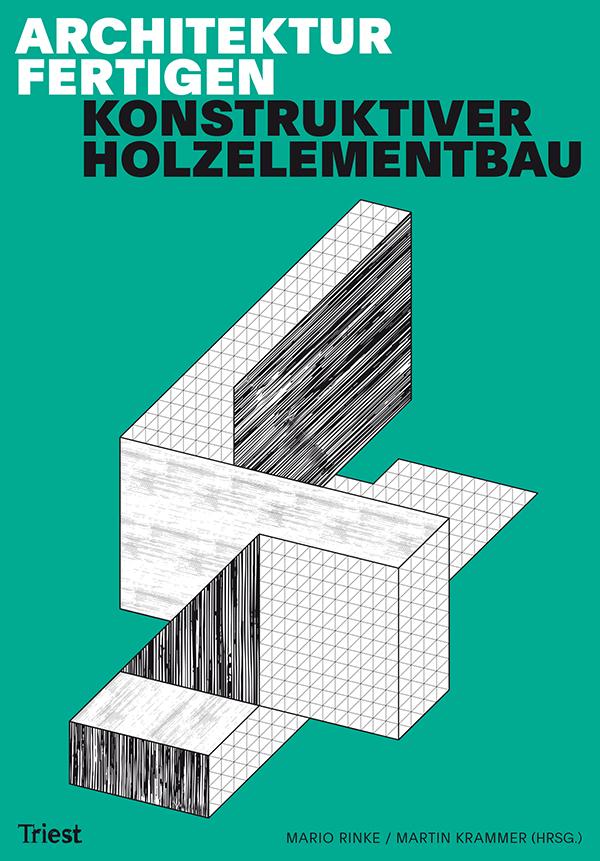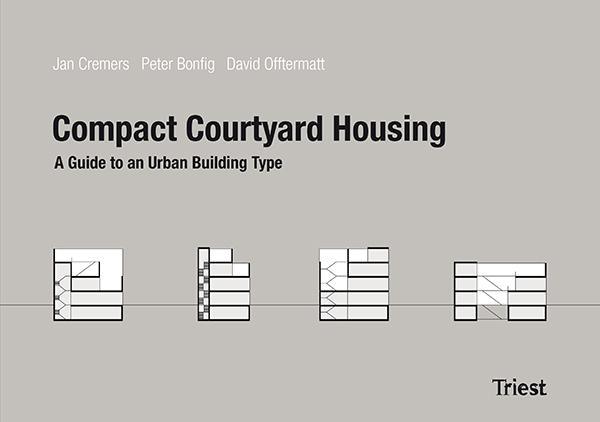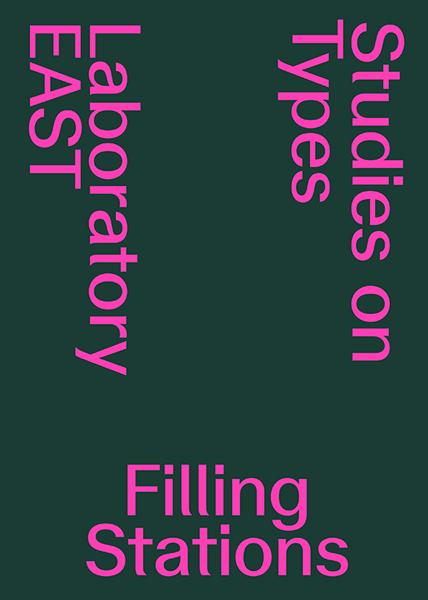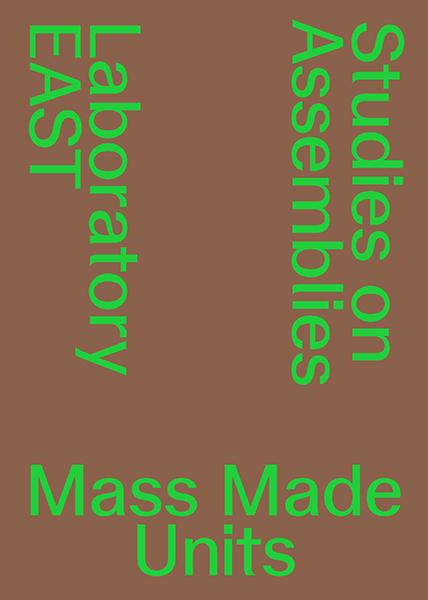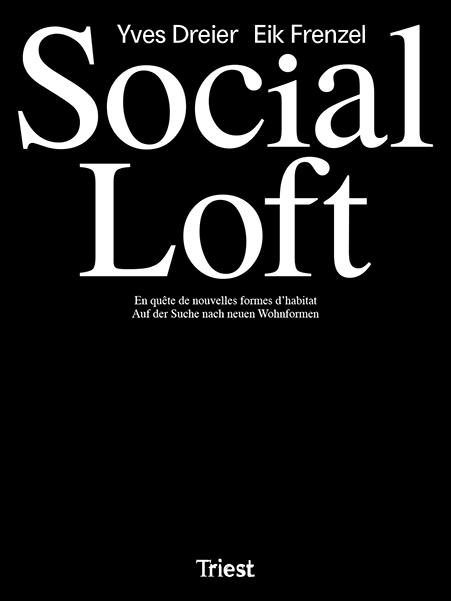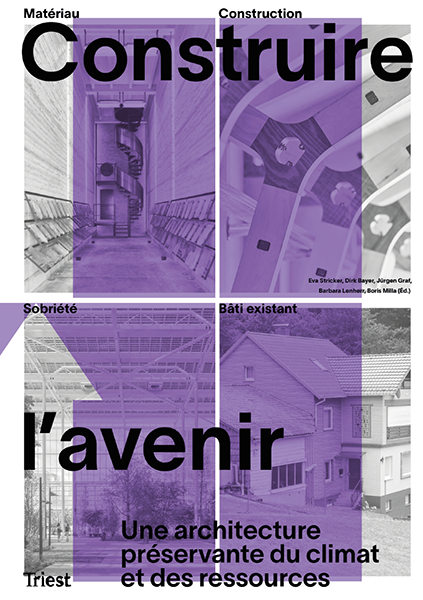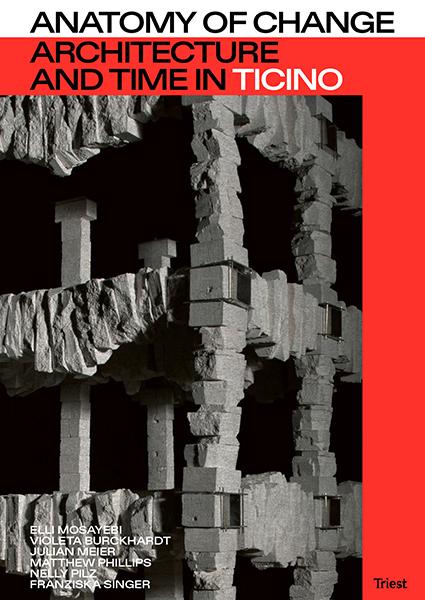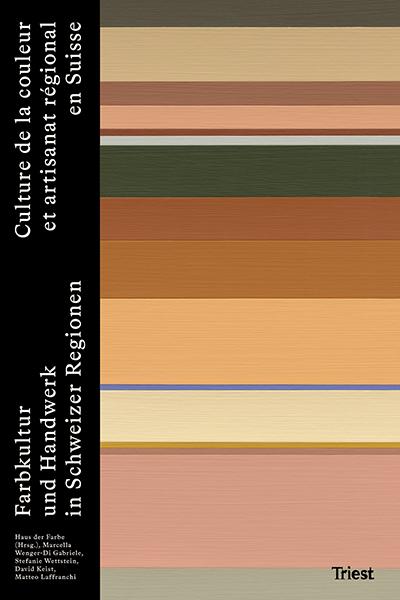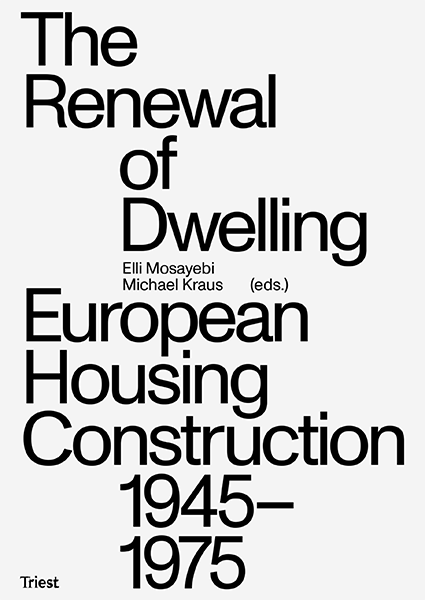Lucius Burckhardt, Max Frisch, Markus Kutter
achtung: die Schriften
wir selber bauen unsre Stadt / achtung: die Schweiz / die neue stadt
Reprint of Vol. 1–3 of the "Basler Politische Schriften"
Book design: Karl Gerstner;
Cover design Reprint: Wessinger und Peng, Stuttgart
German, 244 pages
ca. 15 × 21 cm, 22 images, softcover with flaps
Reprint: 3 volumes in a miscellany
Euro (D) 39.–, Euro (A) 40.–
available
ISBN
978-3-03863-018-0
Filling three volumes of “Basler Politische Schriften” with their writings, which were published in the second half of the 1950s: wir selber bauen unsre Stadt, achtung: die Schweiz and die neue Stadt, three prominent authors, Lucius Burckhardt, Max Frisch and Markus Kutter triggered a lively debate within and beyond Switzerland’s borders on perspectives in urban and regional planning. The authors’ declared goal was to counteract urban sprawl and uncontrolled development that had begun to permeate the landscape at the time.
Even today, 60 years on, the topics and questions adopted by those three protagonists are still on the agenda. Questions as to whether citizens had any influence on urban planning or not caused the authors to critically scrutinise established urban planning methods of the day; or criticism of political and social conditions that finally led to the proposal of founding a new town are exemplary of a novel culture of discussion that would also befit today’s ongoing processes.
The call for densified settlements and controlled urban growth postulated in achtung: die Schweiz still determines discussions on regional and urban planning today. This trilogy is both a valuable historical and topical document.
Hitherto out of print, the new edition of all three volumes is a true-to-original reprint containing a supplementary preface by Markus Ritter and an introduction by Reto Geiser and Angelus Eisinger. The authors investigate the significance of the volumes at the time and draw a parallel between then and today’s urban planning situation in Switzerland.
Even today, 60 years on, the topics and questions adopted by those three protagonists are still on the agenda. Questions as to whether citizens had any influence on urban planning or not caused the authors to critically scrutinise established urban planning methods of the day; or criticism of political and social conditions that finally led to the proposal of founding a new town are exemplary of a novel culture of discussion that would also befit today’s ongoing processes.
The call for densified settlements and controlled urban growth postulated in achtung: die Schweiz still determines discussions on regional and urban planning today. This trilogy is both a valuable historical and topical document.
Hitherto out of print, the new edition of all three volumes is a true-to-original reprint containing a supplementary preface by Markus Ritter and an introduction by Reto Geiser and Angelus Eisinger. The authors investigate the significance of the volumes at the time and draw a parallel between then and today’s urban planning situation in Switzerland.
About the Authors
Sociologist Lucius Burckhardt (1925–2003) took on several professorships between 1961 and 1973 followed by guest lectureships in sociology at the Department of Architecture, ETH Zurich later on. Six years before, he had already published the first three volumes of "Basler Politische Schriften" together with Markus Kutter and Max Frisch, substantiating his passionate interest in questions of urban development and sociology.
From 1962 to 1972, he was chief editor of Werk, a Swiss architecture journal. From 1973 on, Burckhardt continued to engage in urban environmental issues as a professor of socioeconomics of urban systems at the University of Kassel. Amongst others, he was also corresponding member of the German Academy of Urban Development and Regional Planning as well as "Chevalier dans l’Ordre des Arts et des Lettres".
Having initially studied German philology, Swiss author and architect Max Frisch (1911–2003) later graduated in architecture. After achieving a literary breakthrough with his novel Stiller (1954), he henceforth dedicated himself exclusively to writing. However, he remained committed to architectural concerns as his work on the first three volumes of "Basler Politische Schriften" together with Markus Kutter and Lucius Burckhardt clearly shows. He not only addresses problems of postmodern identity and the construction of one’s own biography in his novels such as Homo faber (1957), Mein Name sei Gantenbein (1964; Gantenbein / A Wilderness of Mirrors) and Montauk. Eine Erzählung (1975), but also deals with them in his diary publications and stories. Frisch’s relationship to his Swiss homeland, and above all, questions relating to urban development, play a central role in that context.
Markus Kutter (1925–2005) was an author and publisher, but also an active historian and politician. Before completing his doctoral dissertation (1954), he had already begun to work as an editor at Geigy Chemie in Basel, where he successfully built and managed the communications department until 1958. In 1959, he founded Gerstner + Kutter advertising agency together with Karl Gerstner, known as GGK from 1962 on (with Paul Grediger, as Gerstner, Grediger + Kutter). Their campaigns often caused a sensation around the world. From 1955 on, he emerged as a publisher and author of specialist literature together with Max Frisch and Lucius Burckhardt (and Karl Gerstner as designer) when the first three volumes of "Basler Politische Schriften" appeared.
From 1962 to 1972, he was chief editor of Werk, a Swiss architecture journal. From 1973 on, Burckhardt continued to engage in urban environmental issues as a professor of socioeconomics of urban systems at the University of Kassel. Amongst others, he was also corresponding member of the German Academy of Urban Development and Regional Planning as well as "Chevalier dans l’Ordre des Arts et des Lettres".
Having initially studied German philology, Swiss author and architect Max Frisch (1911–2003) later graduated in architecture. After achieving a literary breakthrough with his novel Stiller (1954), he henceforth dedicated himself exclusively to writing. However, he remained committed to architectural concerns as his work on the first three volumes of "Basler Politische Schriften" together with Markus Kutter and Lucius Burckhardt clearly shows. He not only addresses problems of postmodern identity and the construction of one’s own biography in his novels such as Homo faber (1957), Mein Name sei Gantenbein (1964; Gantenbein / A Wilderness of Mirrors) and Montauk. Eine Erzählung (1975), but also deals with them in his diary publications and stories. Frisch’s relationship to his Swiss homeland, and above all, questions relating to urban development, play a central role in that context.
Markus Kutter (1925–2005) was an author and publisher, but also an active historian and politician. Before completing his doctoral dissertation (1954), he had already begun to work as an editor at Geigy Chemie in Basel, where he successfully built and managed the communications department until 1958. In 1959, he founded Gerstner + Kutter advertising agency together with Karl Gerstner, known as GGK from 1962 on (with Paul Grediger, as Gerstner, Grediger + Kutter). Their campaigns often caused a sensation around the world. From 1955 on, he emerged as a publisher and author of specialist literature together with Max Frisch and Lucius Burckhardt (and Karl Gerstner as designer) when the first three volumes of "Basler Politische Schriften" appeared.
Angelus Eisinger is an urban planning historian and Director of Regional Planning for Zurich and the Surrounding Area since 2013. His key activities include impact research on planning and urban planning, consulting and concept work; he is a member of the Academic Advisory Board of IBA Basel 2020.
Reto Geiser is an architect and architectural historian with a focus on the intersection of architecture, pedagogy and media. He is currently teaching and conducting research as the Gus Wortham Assistant Professor at the Rice University School of Architecture in Houston, Texas.
Markus Ritter is biologist and associate of the Life Science AG consulting enterprise in Basel and Vice-Secretary General of the Präsidialdepartement of the Canton of Basel-Stadt. He worked together continuously with Lucius and Annemarie Burckhardt since he first met them in 1983 until their death.
Reto Geiser is an architect and architectural historian with a focus on the intersection of architecture, pedagogy and media. He is currently teaching and conducting research as the Gus Wortham Assistant Professor at the Rice University School of Architecture in Houston, Texas.
Markus Ritter is biologist and associate of the Life Science AG consulting enterprise in Basel and Vice-Secretary General of the Präsidialdepartement of the Canton of Basel-Stadt. He worked together continuously with Lucius and Annemarie Burckhardt since he first met them in 1983 until their death.
DOWNLOAD Cover_Achtung: die Schriften ›
DOWNLOAD Waschzettel_achtung: die Schriften_deutsch ›
DOWNLOAD Blurb_achtung: die Schriften_english ›
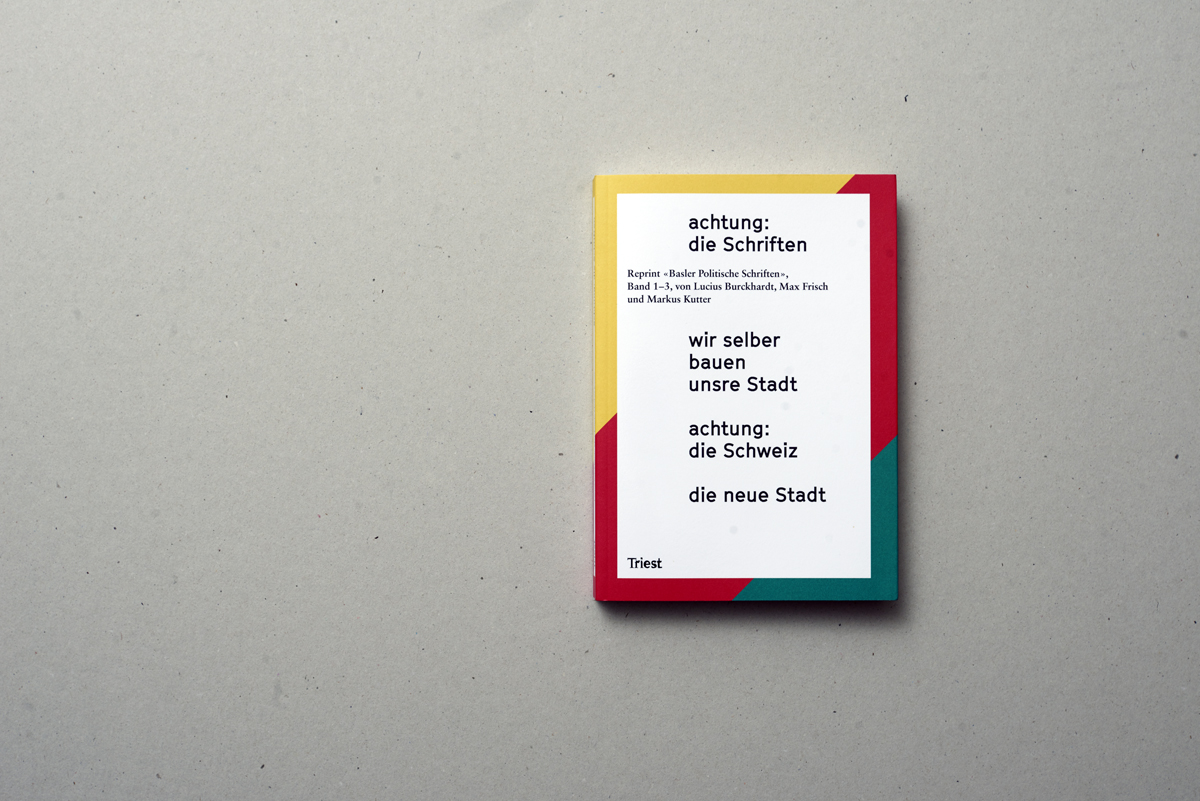
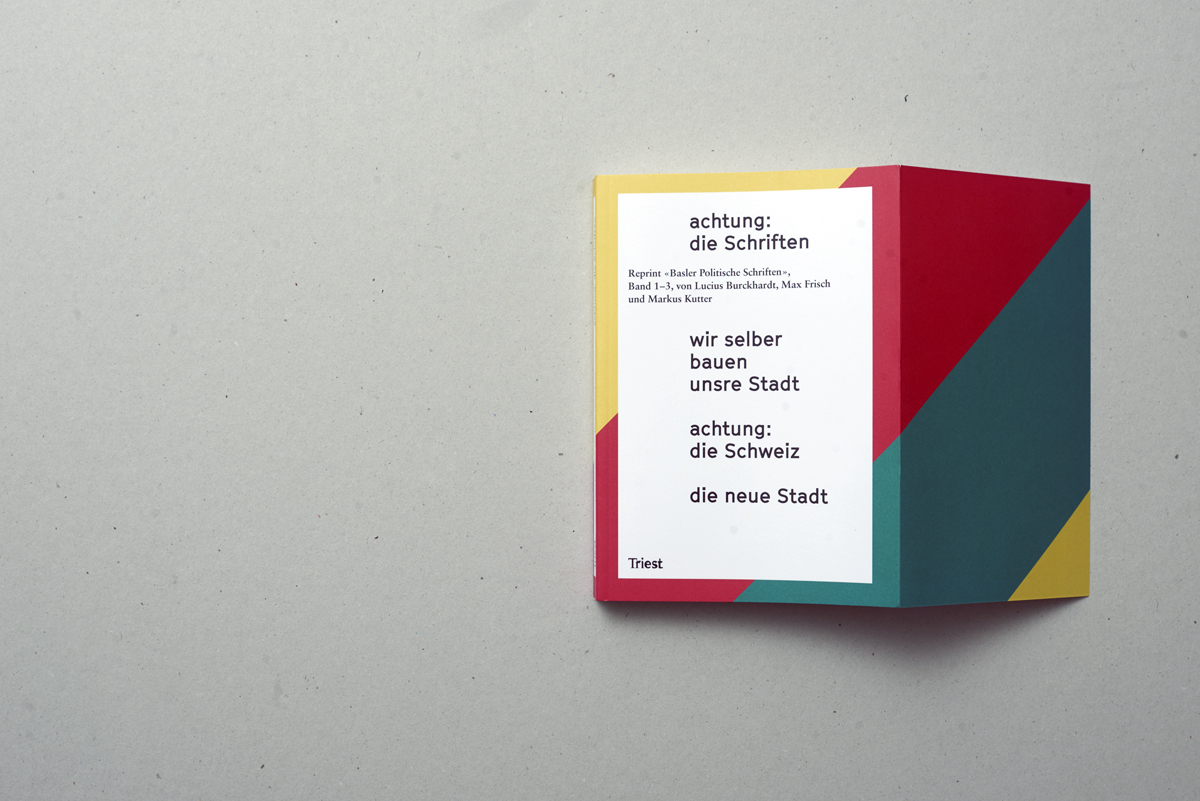
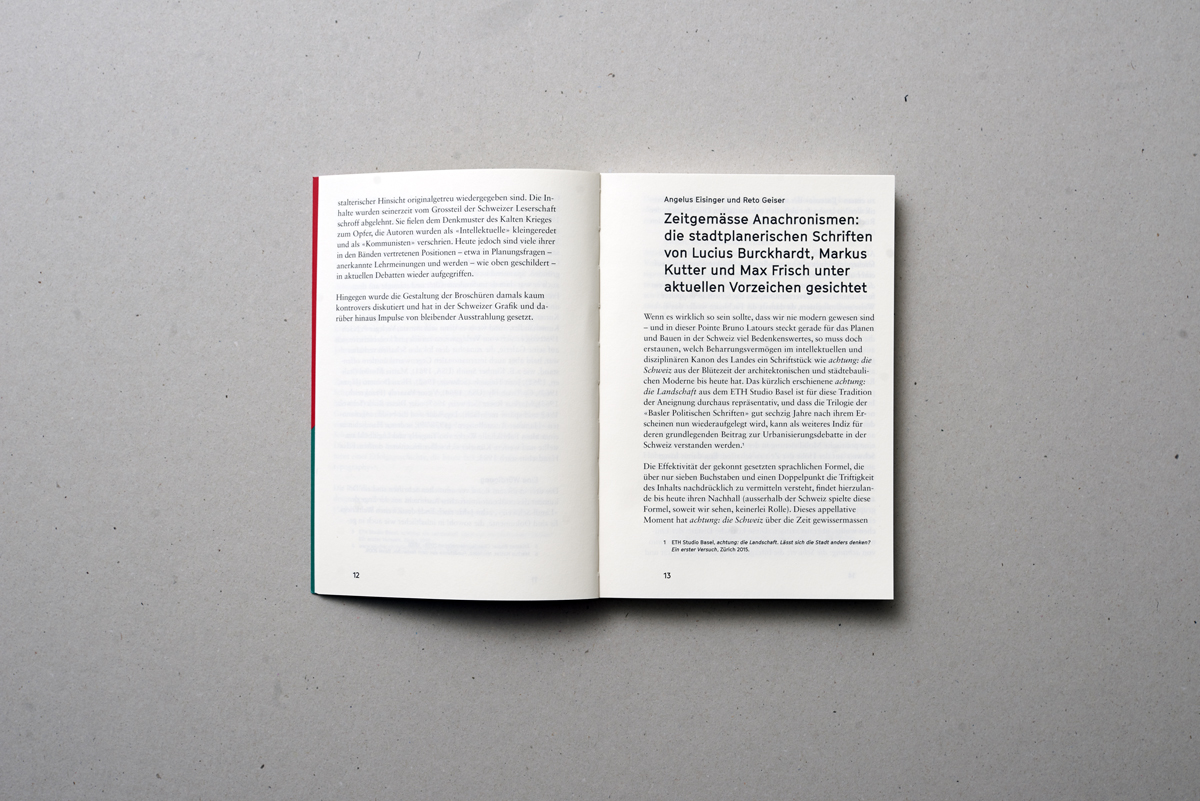
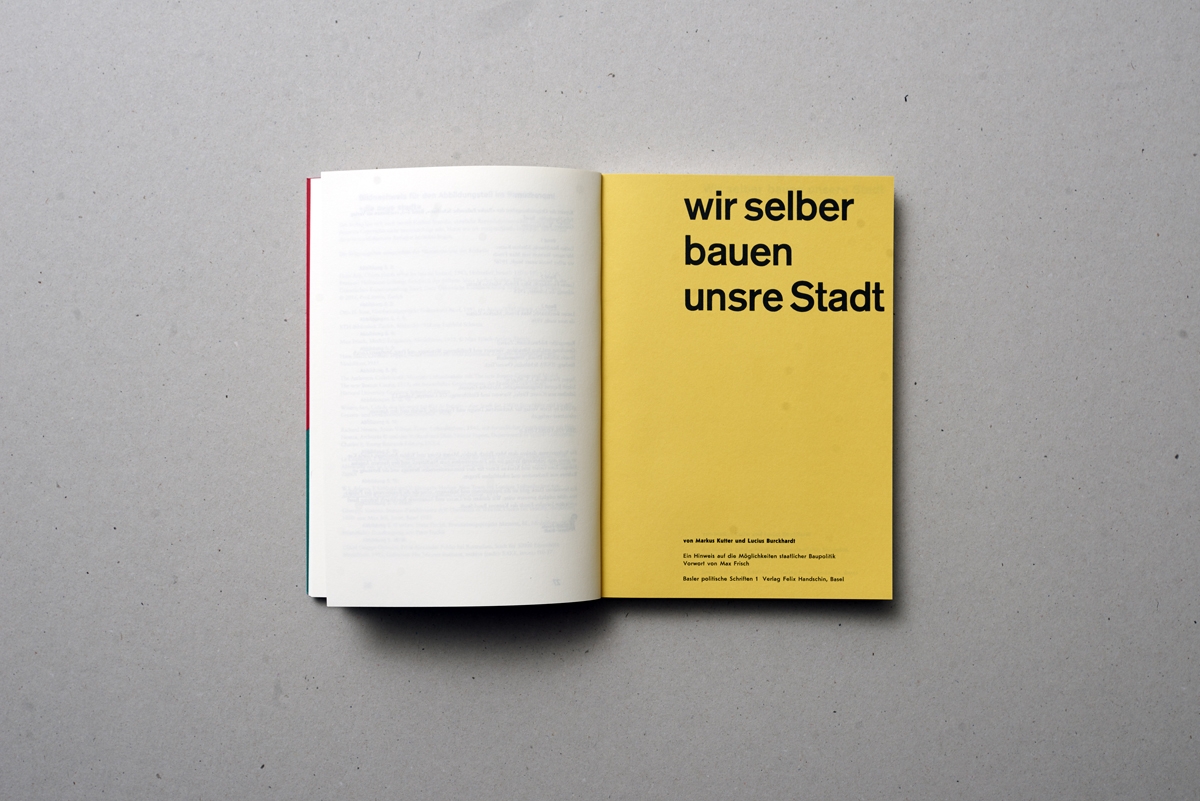
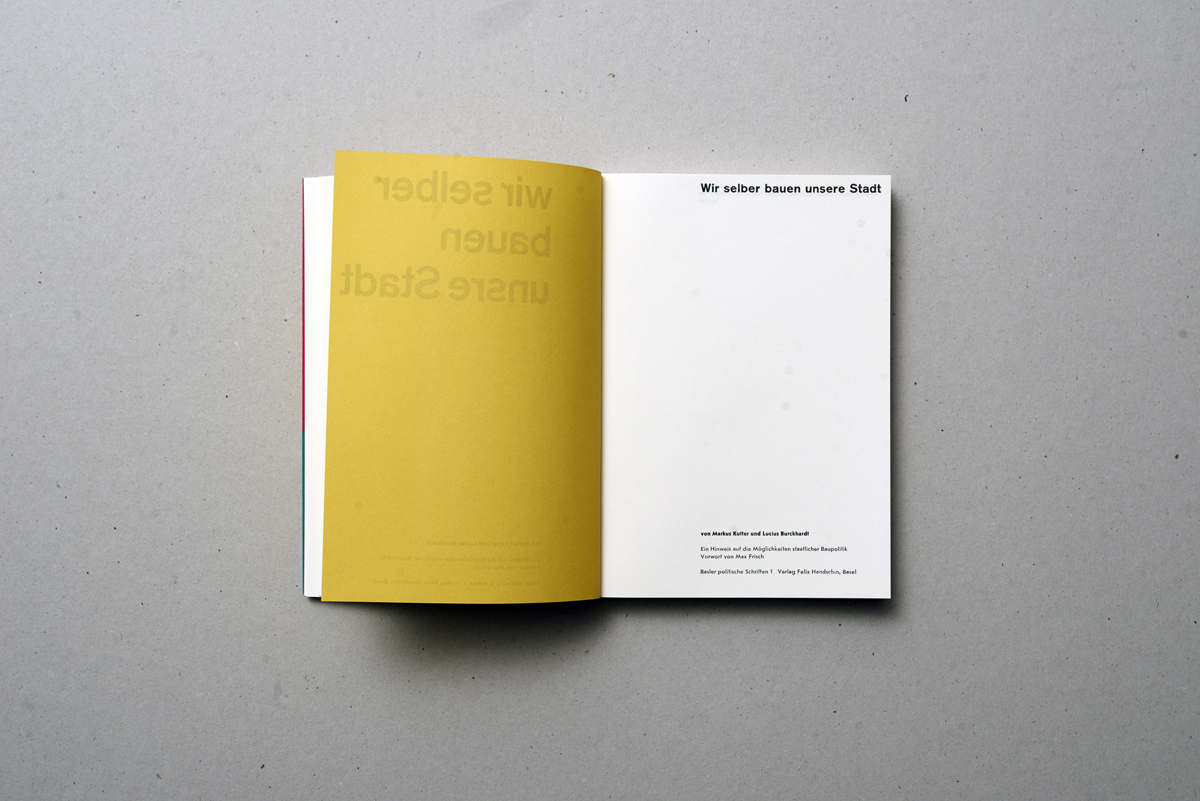
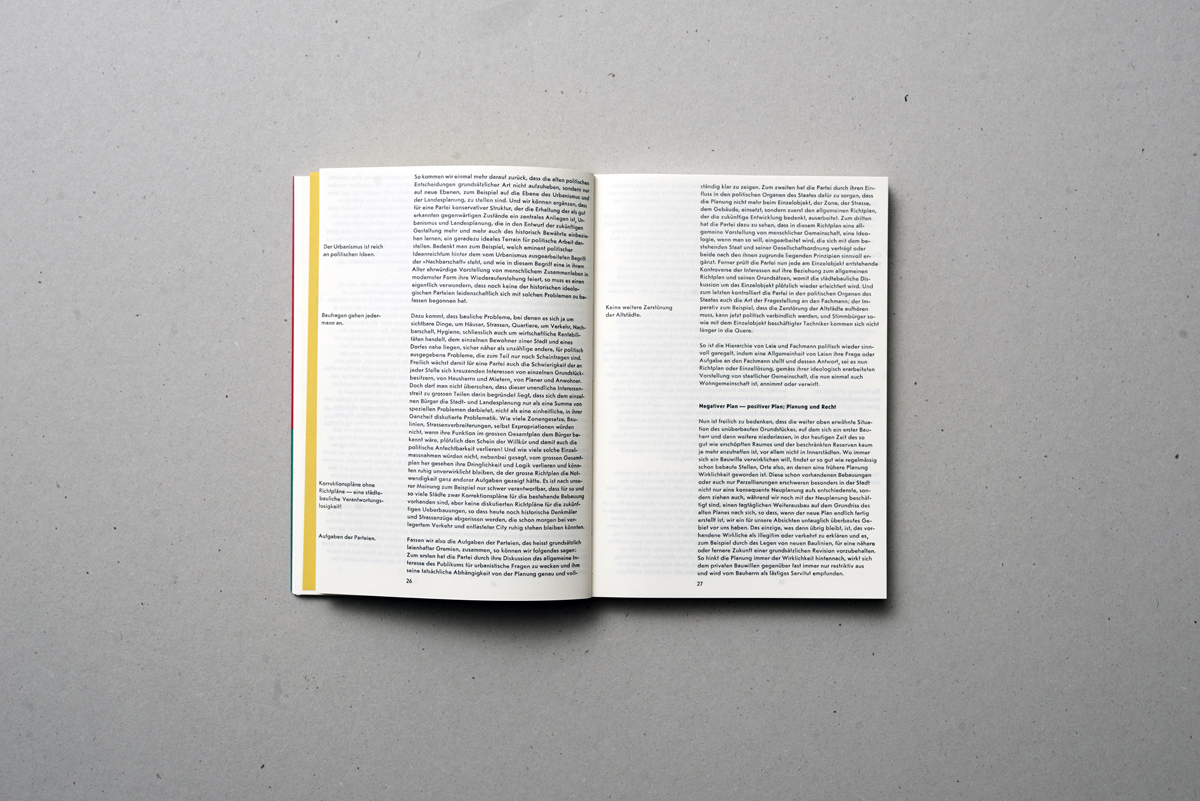
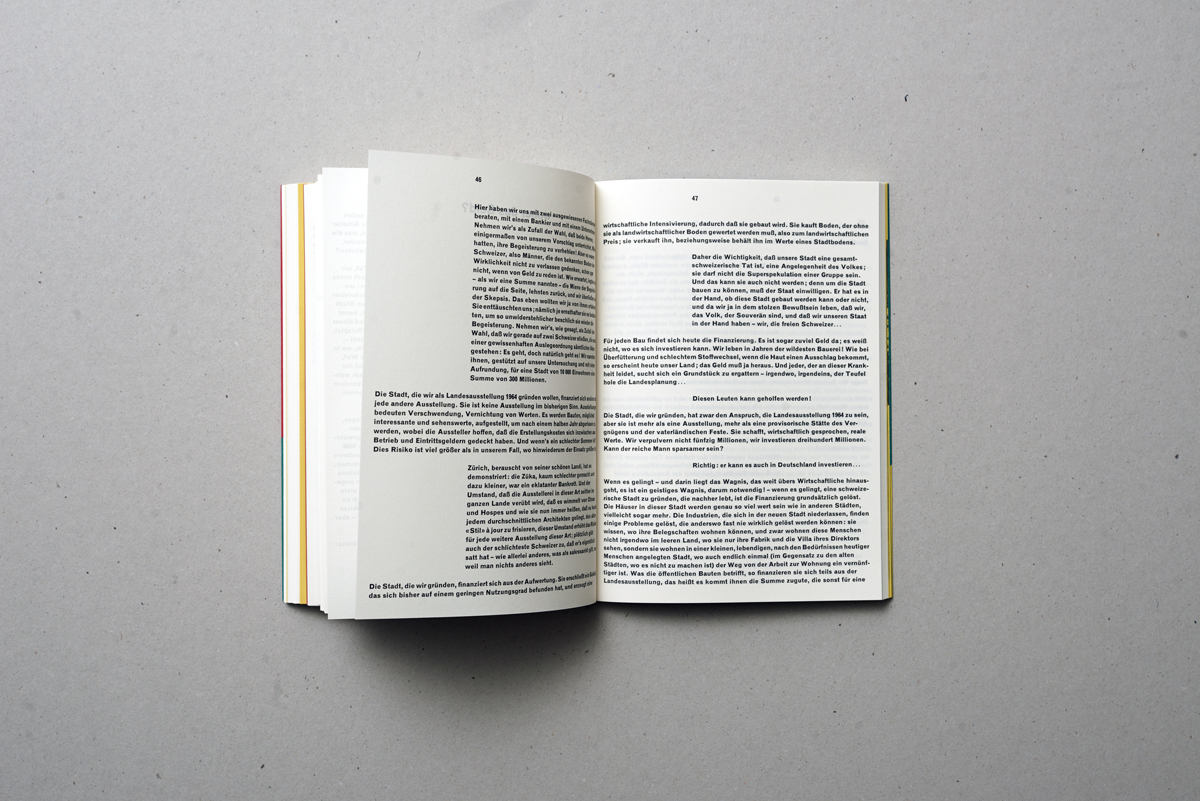
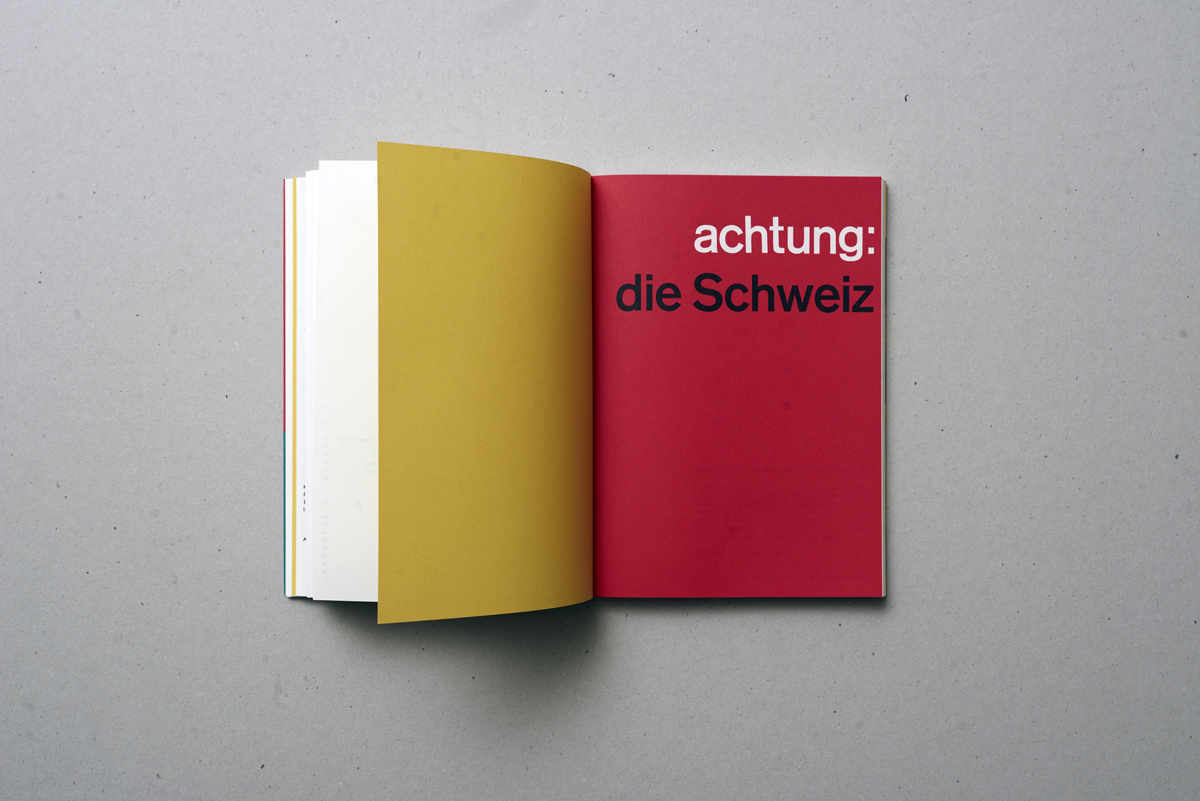
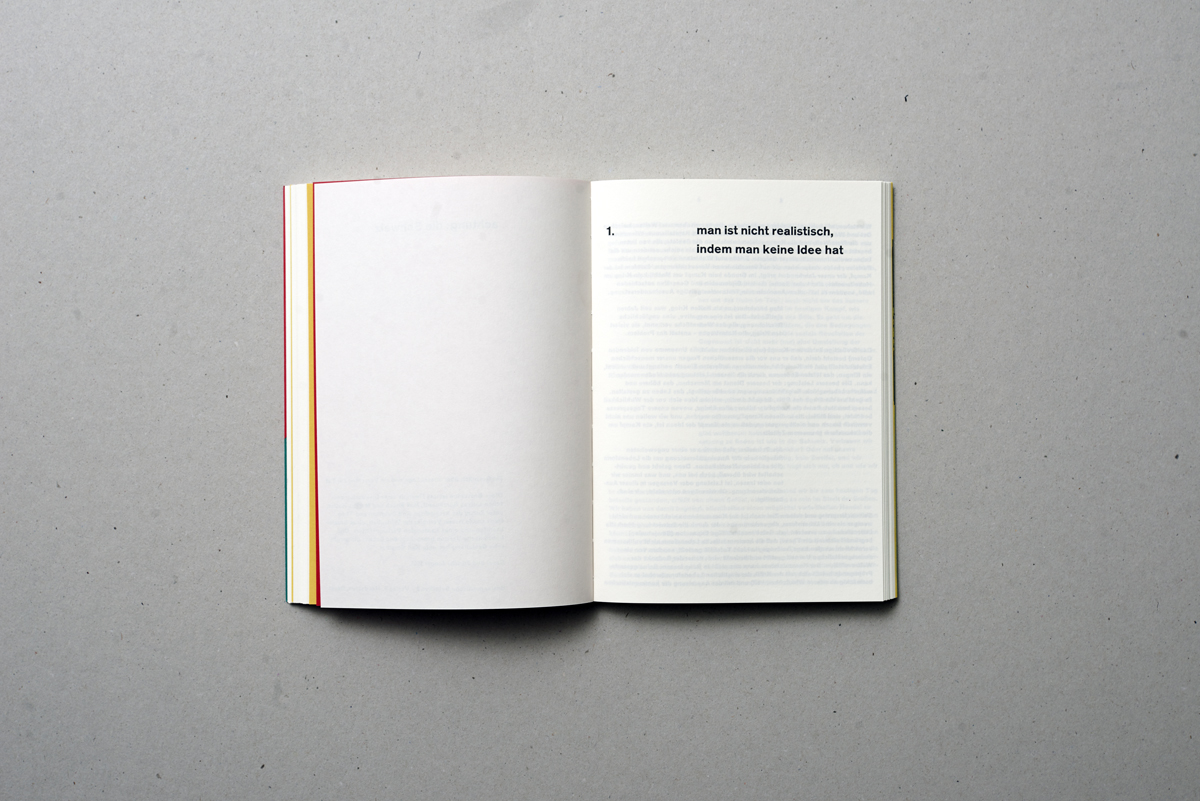
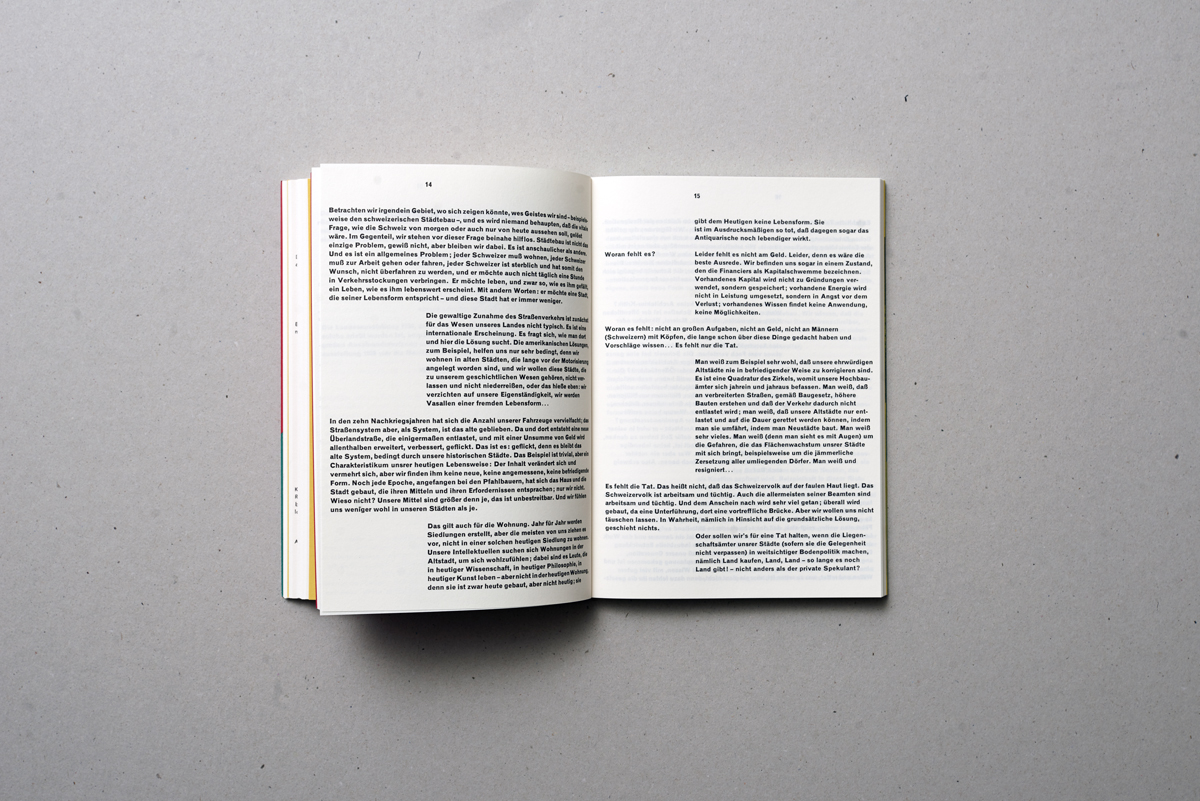
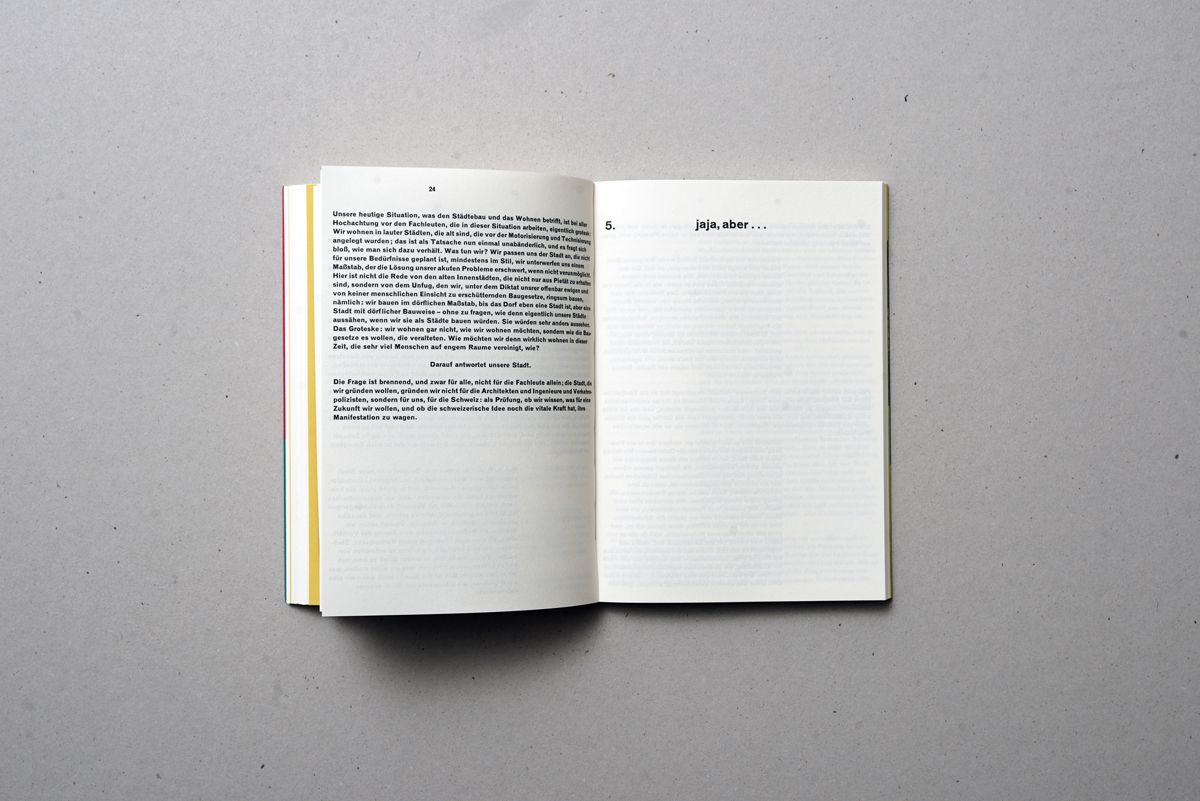
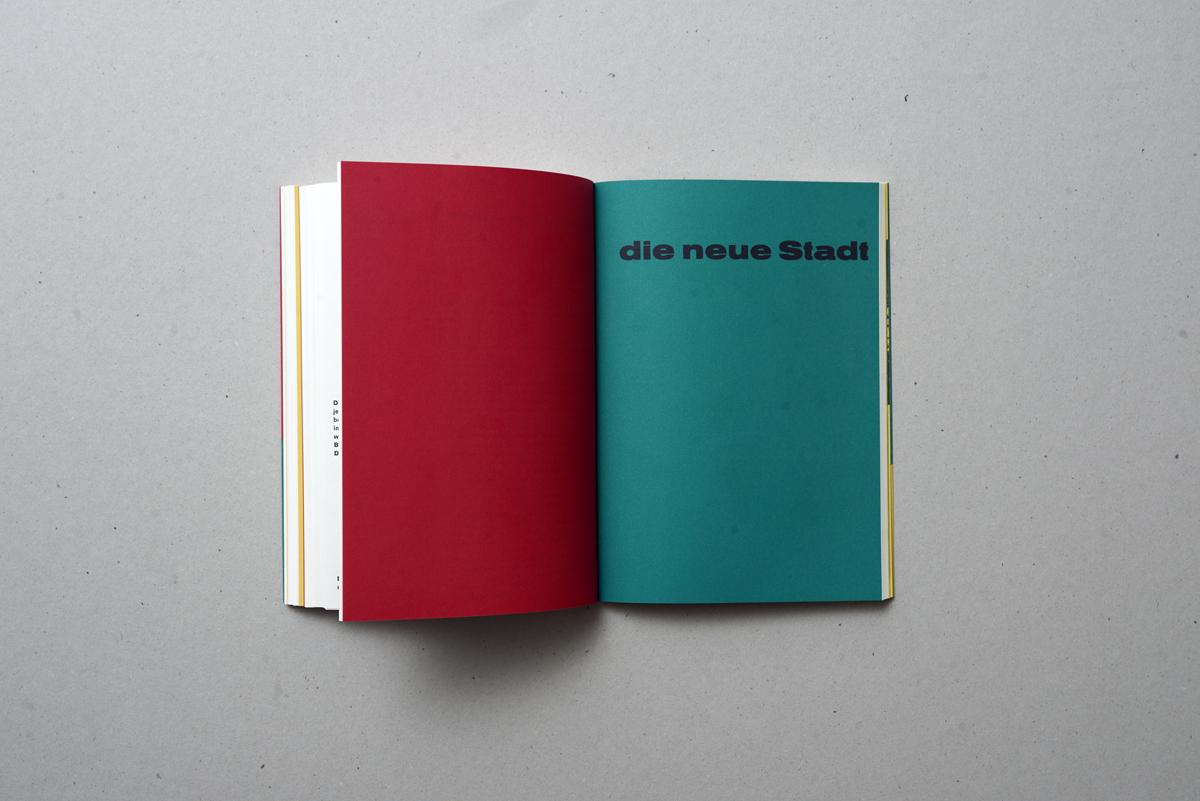
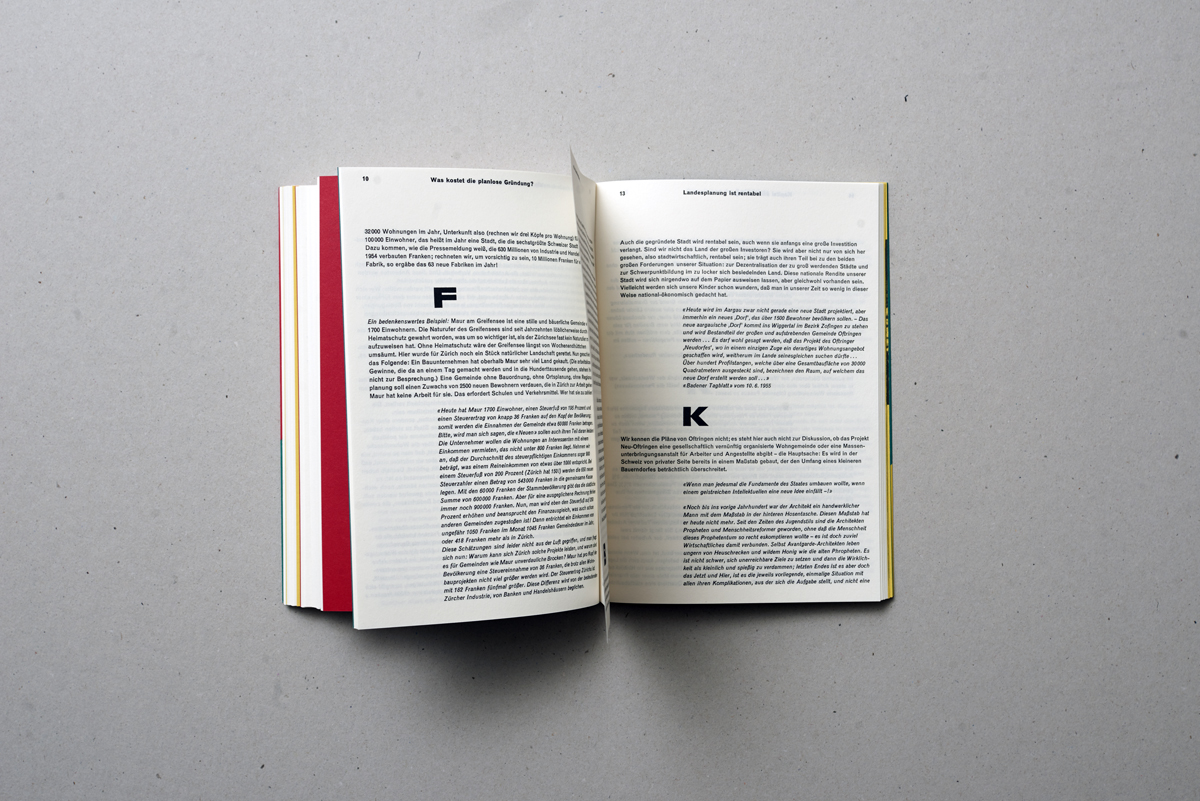
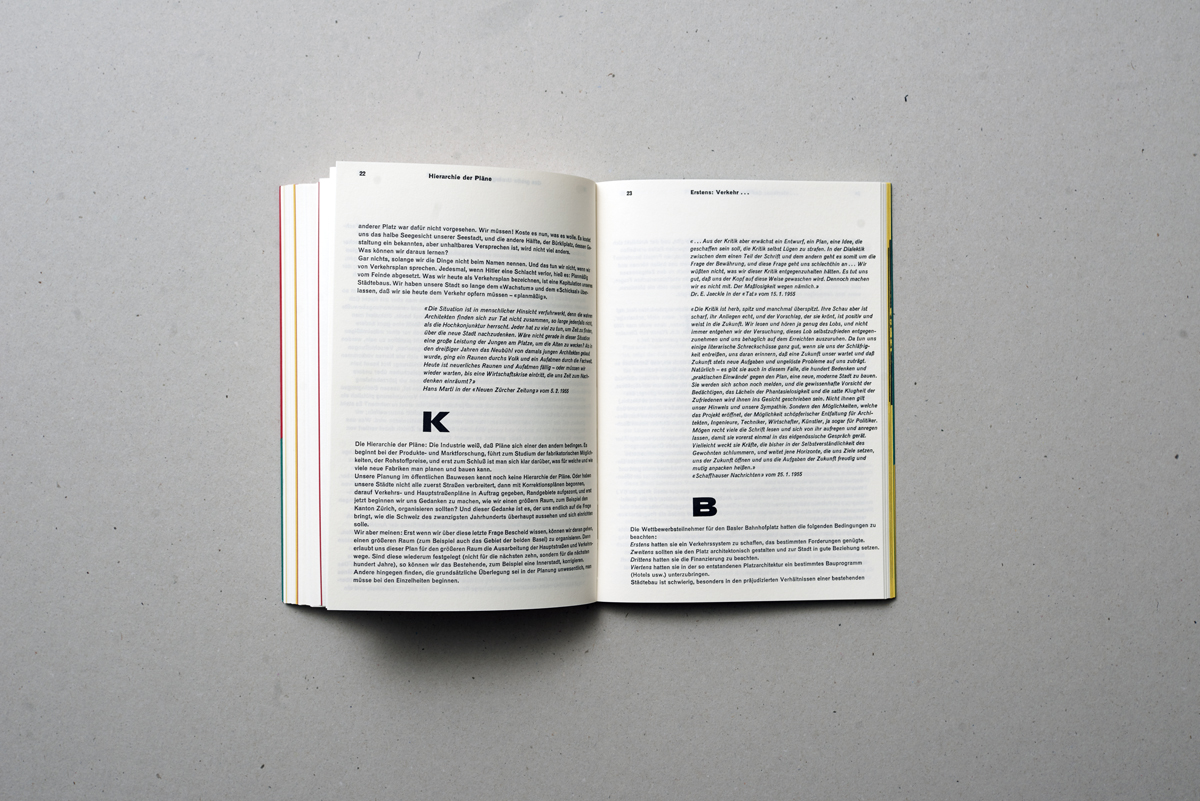
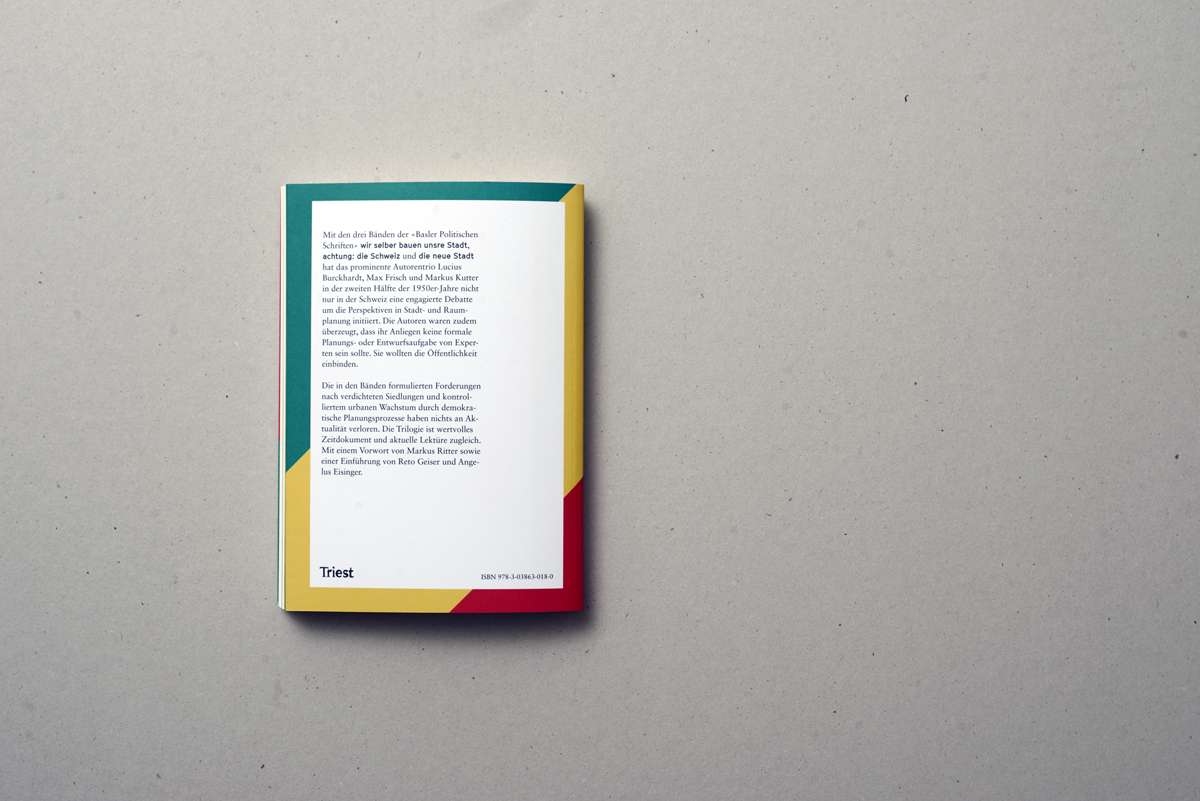
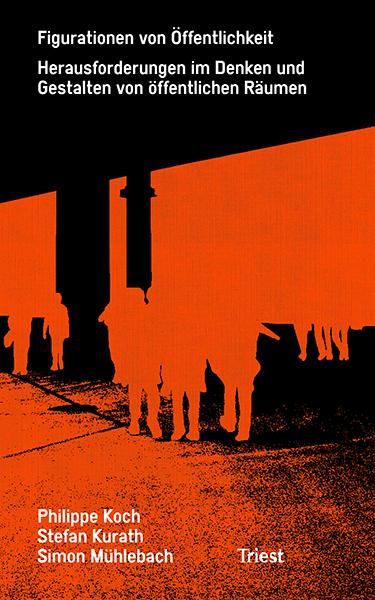
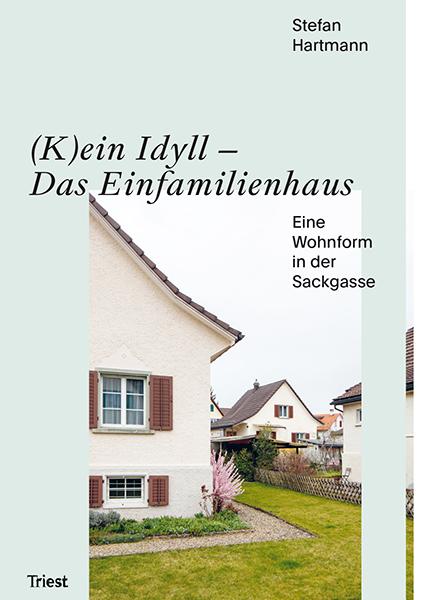
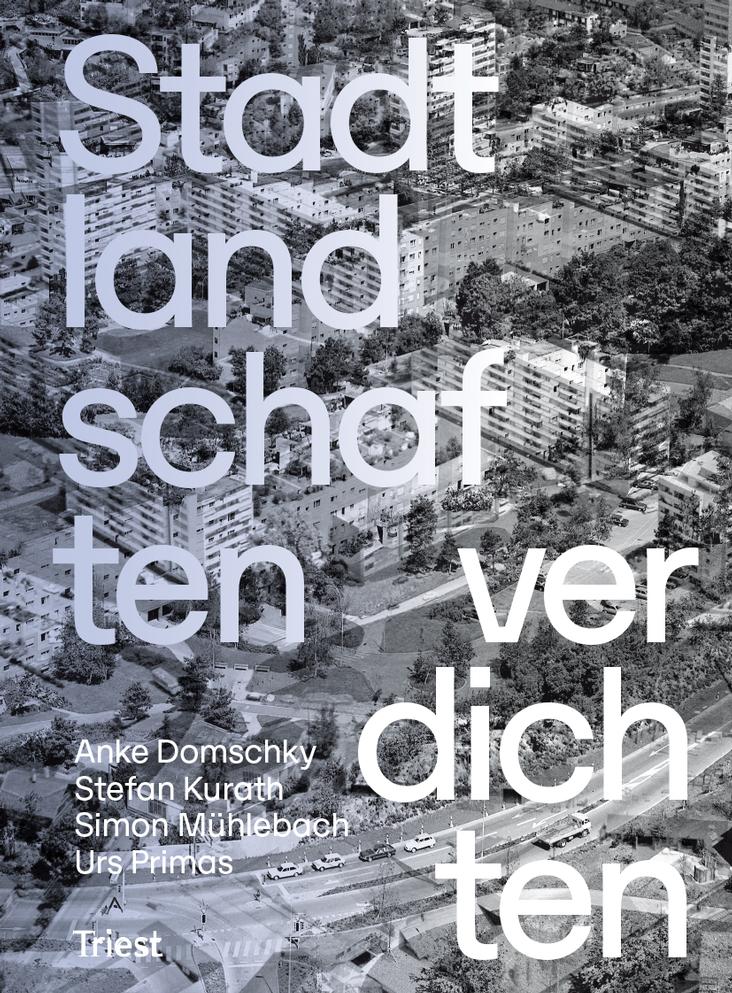
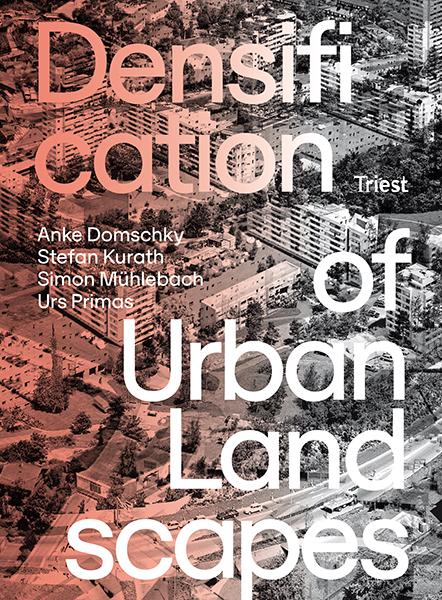
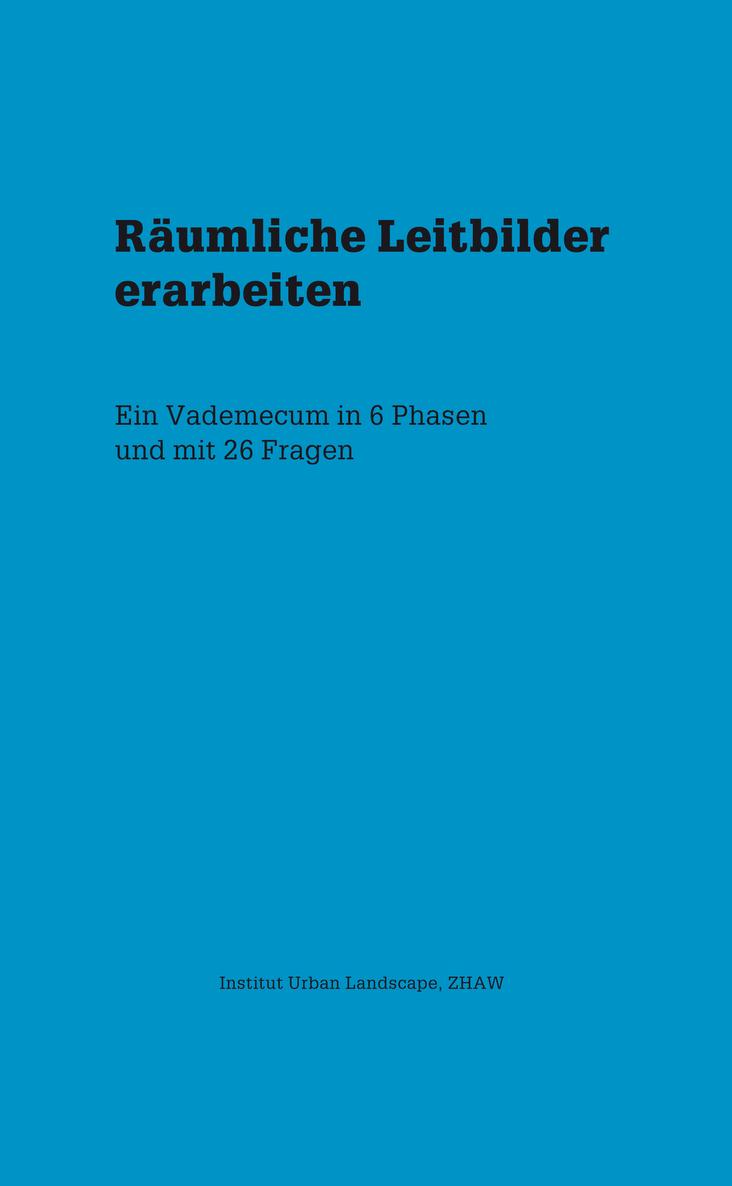
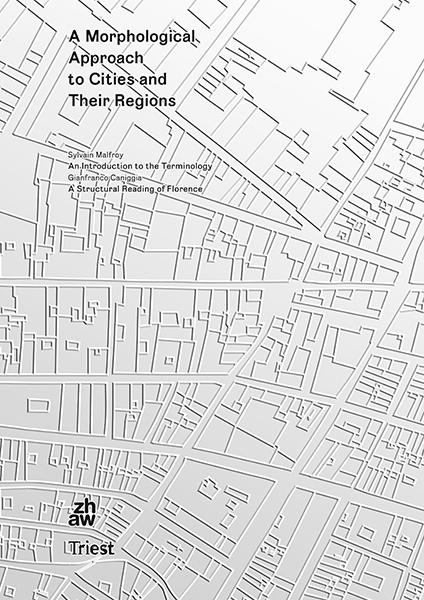
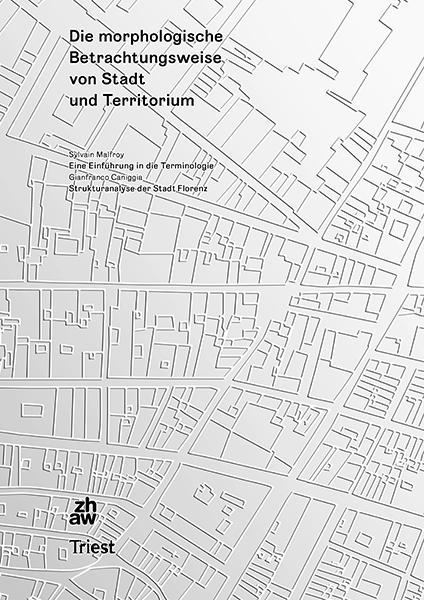
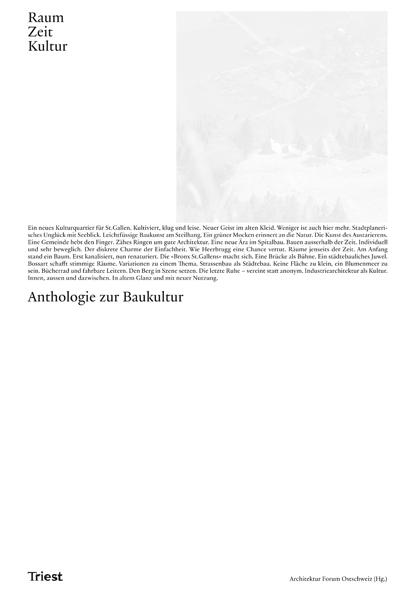
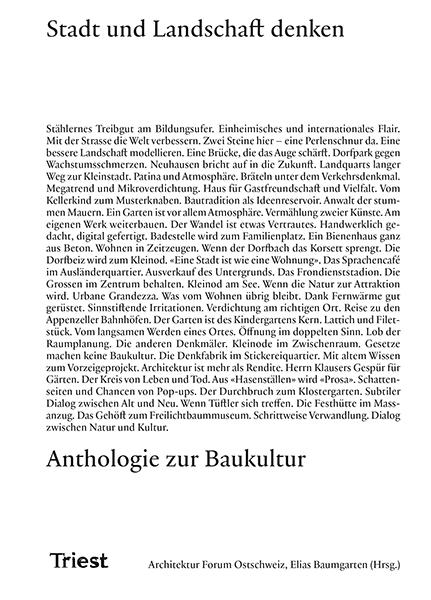
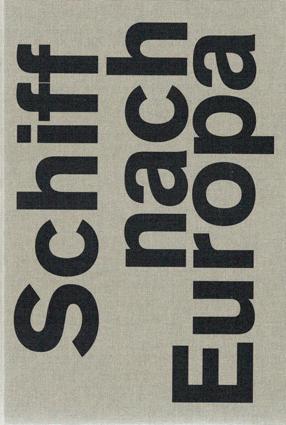
![Die Geburt eines Stils [The Birth of a Style]](/photo/data/978-3-03863-017-3-die-geburt-eines-stils-triest-verlag-design-buch-2110-5.jpg?ts=1734502849)
